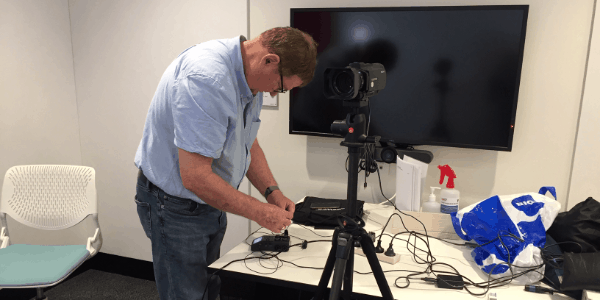The Greatest Gift You Can Give (WT545)
Blog

Do you know what the greatest gift is that you can give to someone?
For me, it’s showing them how they can get what they want.
My mission is to inspire, educate and support you to be, do, have and feel what you want.
With that in mind, sometimes the conversations I have with my legends can be perceived as confronting.
I’m okay with that because I know that my intention is to help you get what you want.
It wasn’t until I was 40 years old that I read the secret for getting promoted at work.
I wished someone would have given me the advice when I was 20 and as it happened, I had that opportunity to pass on what I knew to some of my younger colleagues.
It was a Friday afternoon. I called a meeting with half a dozen young guys and said, “Righto boys, Aunty Shirl is going to show you how the world of work actually works. You’ve been demanding pay increases. You’ve been demanding more resources. Here’s the secret: You get promoted and rewarded for what you do and the contribution you make, not on the promise of doing more.”
For the most part, the advice was ignored, except for one young guy. He took on what I shared and started coming to work earlier. He stepped up and took on more responsibility. He used his initiative and he started improving operations. He got noticed and shortly after was promoted to Manager with a hefty pay increase.
Why am I sharing this with you today? Because, as usual, the theme has emerged. Many of the businesses I have been working with have experienced their workers complaining and blaming and not taking responsibility.
I don’t mind being disliked if it means I can help you get what you want. I’m up for the tough conversation and to confront you and coach you.
How about you?
Are you in a position to help others get what they want?
If so, are you up and speaking the truth?
Are you up for telling it how it is and sharing the brutal facts?
If not, consider this week’s thought as our conversation.
The greatest gift you can give is to show someone how they can get what they want. Not having the conversation is doing them and you a disservice.
Want to get the Weekly Thought delivered direct to your inbox (every Friday morning Aussie time)? Register here: https://bit.ly/sdweeklythought












